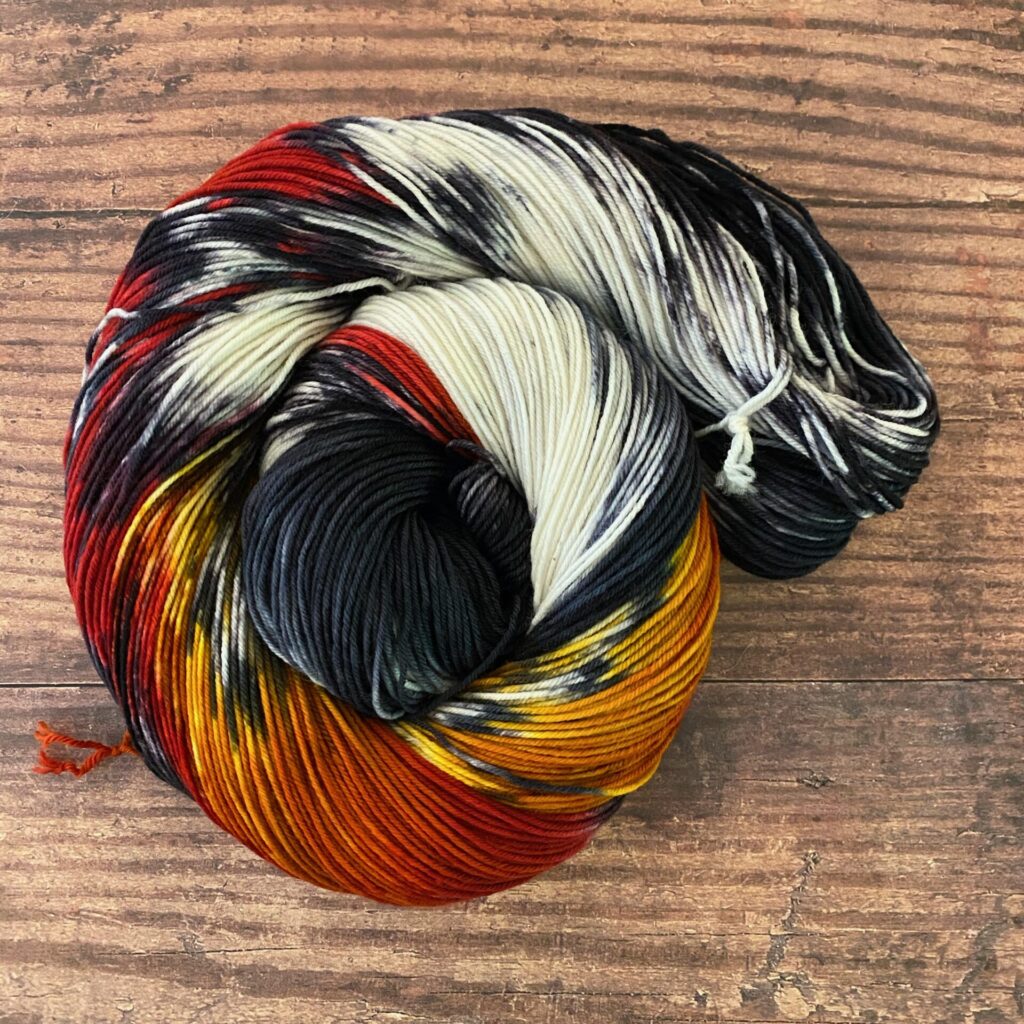Wilma Mankiller, the first female Principal Chief of Cherokee Nation, is our November HerStory recipient. She was born into extreme poverty in Oklahoma, the grandchild of displaced Cherokees who were forced to walk the Trail of Tears. Until she was 11, Wilma lived with extended family on land called Mankiller Flats, but her immediate family, believing in the promise of the Indian Relocation Act of 1956, moved to San Francisco looking for greater opportunities. Those opportunities didn’t pan out, and the family continued to struggle throughout her childhood.
Mankiller married at a young age and had two daughters, but she found herself constricted by her husband’s patriarchal views. She enrolled in community college and soon found a place in the activist community protesting the Vietnam War and working for Native rights through AIM, the American Indian Movement. Her activism deepened, and she founded the East Oakland Native American Youth Center and worked with the Urban Indian Resource Center to develop legislation that became the Indian Child Welfare Act.
In 1977, Wilma divorced her husband and, with her mother and children, moved back be with family and tribe in Oklahoma. After a horrific car accident that killed her best friend and left Mankiller facing a long recovery, she began to explore and embrace the Cherokee ideal of “being of good mind” (a beautiful vision of personhood which inspired our colorway name this month). Once back on her feet, Wilma put that ideal into practice, prioritizing service to others and looking to the bright side through all challenges, including some pretty major health problems.

Mankiller eventually moved to a tiny town deep in Cherokee Nation called Bell, where she worked as a community organizer and grant writer. She advocated for safe and affordable housing and clean water, with community involvement as the cornerstone of her work. Her approach became a model for other grant programs around the country, and her generosity and activism inspired many after her and paved the way for her 1983 appointment as Deputy Principal Chief of Cherokee Nation. In that role, she fought against the misogyny that came directly from colonial influence and was elected Principal Chief of Cherokee Nation. She believed that having a female chief was a first step in a return to traditional Cherokee values of balance between the sexes. Her influence can be seen today, in Native American activists’ return to tradition and rejection of the colonial mentality that has caused so much damage to their communities. It can be seen in the advancement of Native American women and girls, and in the deep community-building that occurs in Native American communities. We could all learn a thing or two by embracing the ideals that Being of Good Mind reflect, and of thinking of community first and foremost. Thank you, Wilma Mankiller, for being of such good mind and offering this inspiration to us all.